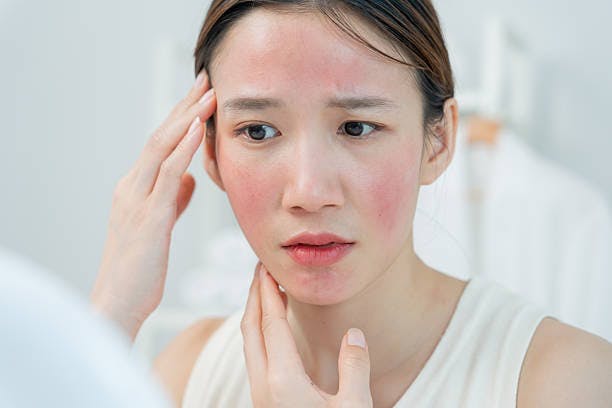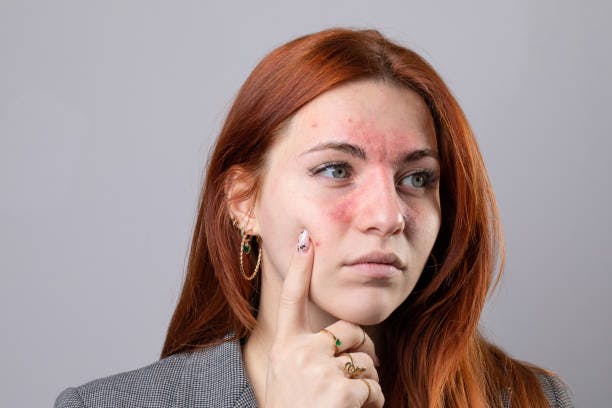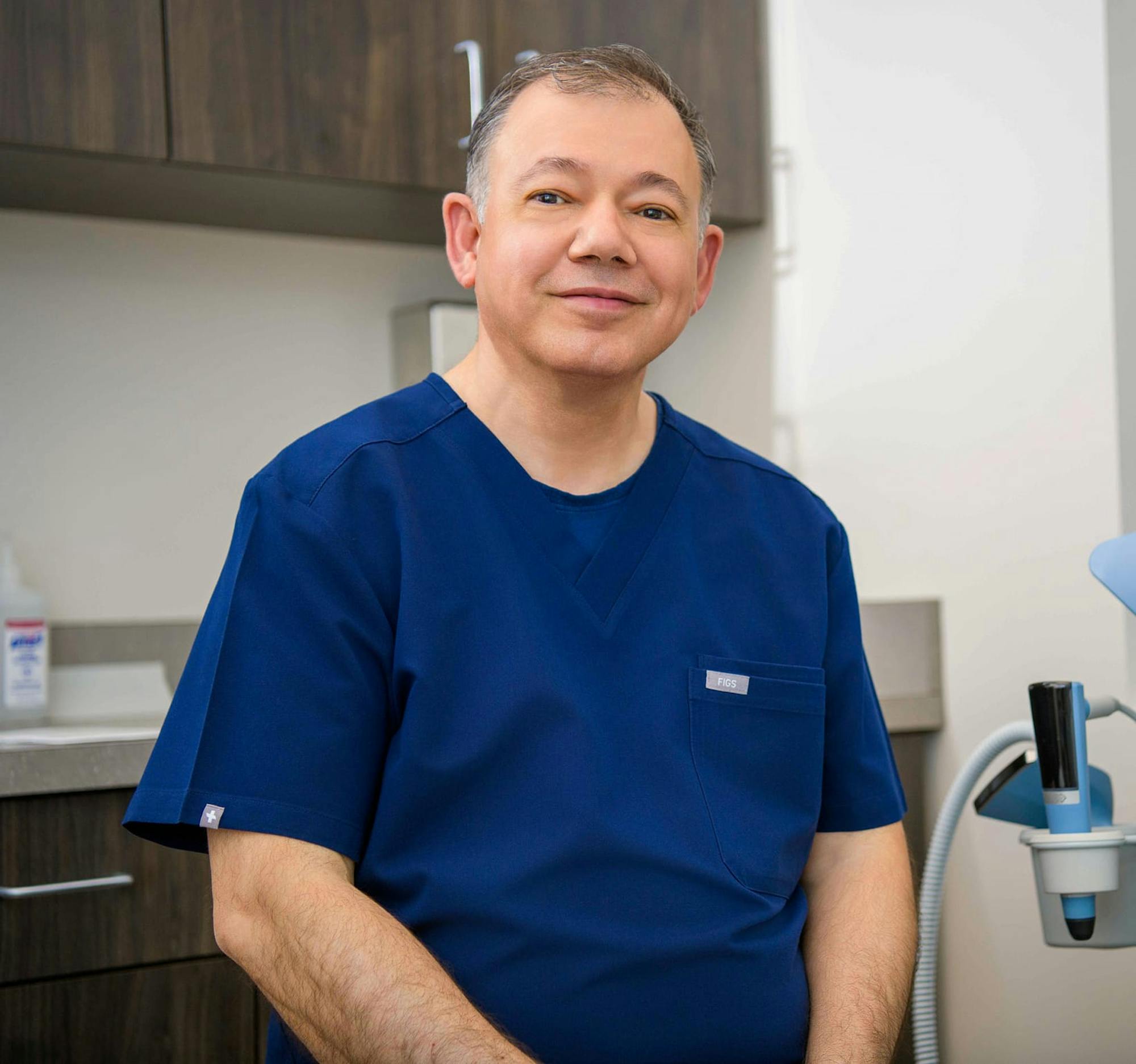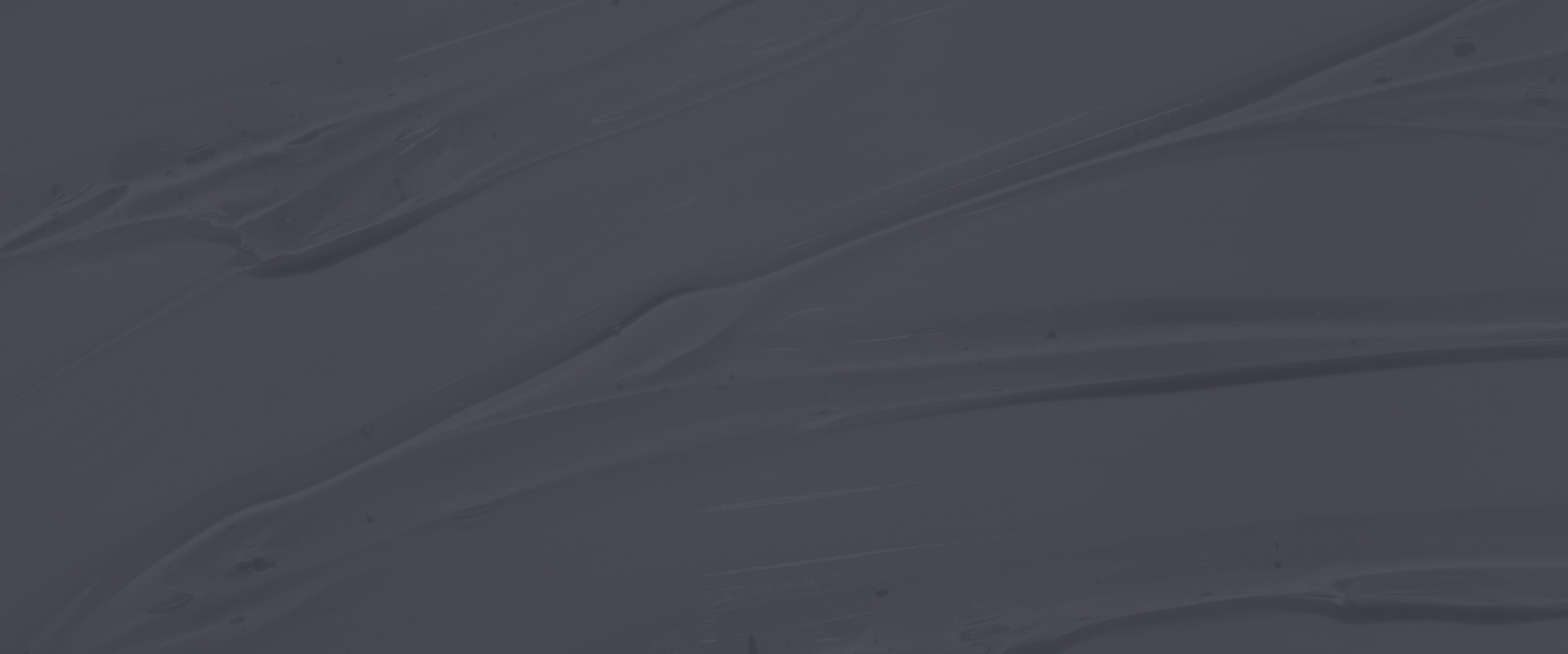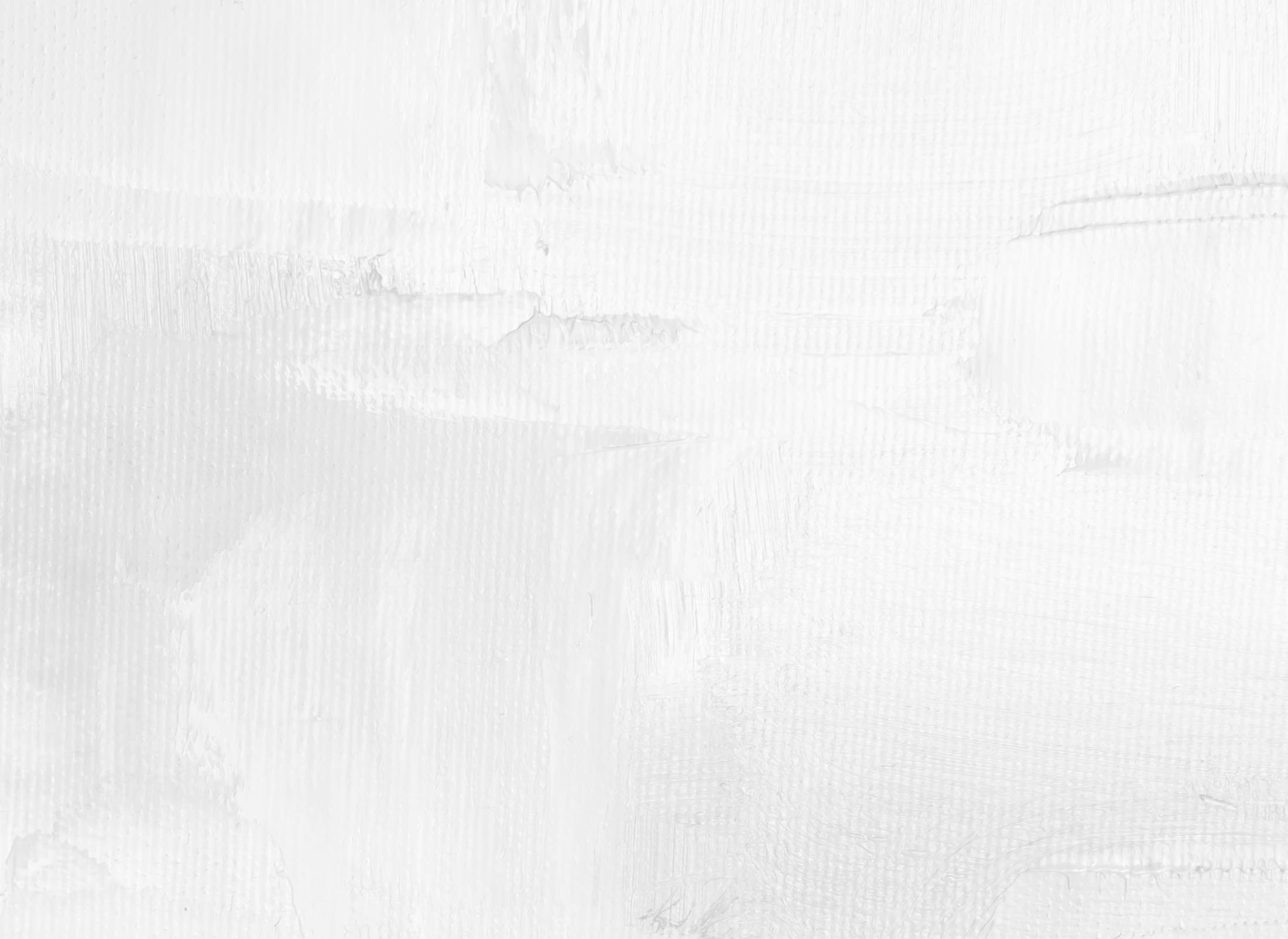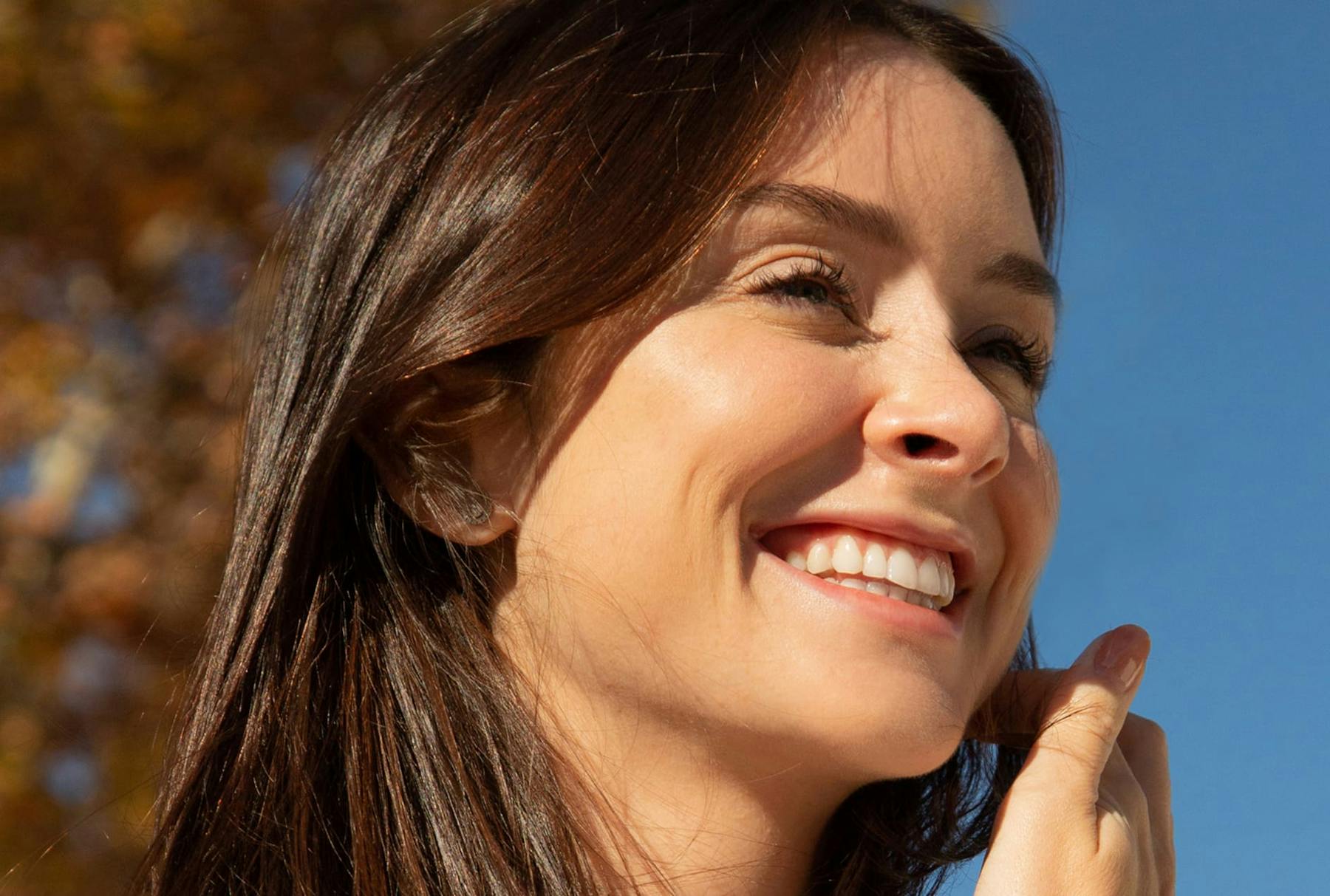Rosacea is a chronic skin condition that causes redness, visible blood vessels, and bumps, most commonly on the face. Early diagnosis and individualized treatment can help reduce symptoms and prevent flare-ups from becoming more severe.
What Is Rosacea?
Rosacea is an inflammatory skin disorder that typically affects the cheeks, nose, chin, and forehead. While it can resemble acne or an allergic reaction, rosacea is distinct and requires its own management approach. It may worsen with certain foods, weather, or stress.
The goal of rosacea treatment in Lawrenceville, GA, is to control inflammation, reduce flare-ups, and restore comfort and appearance. Treatment may include medications, laser therapy, or skincare changes.
